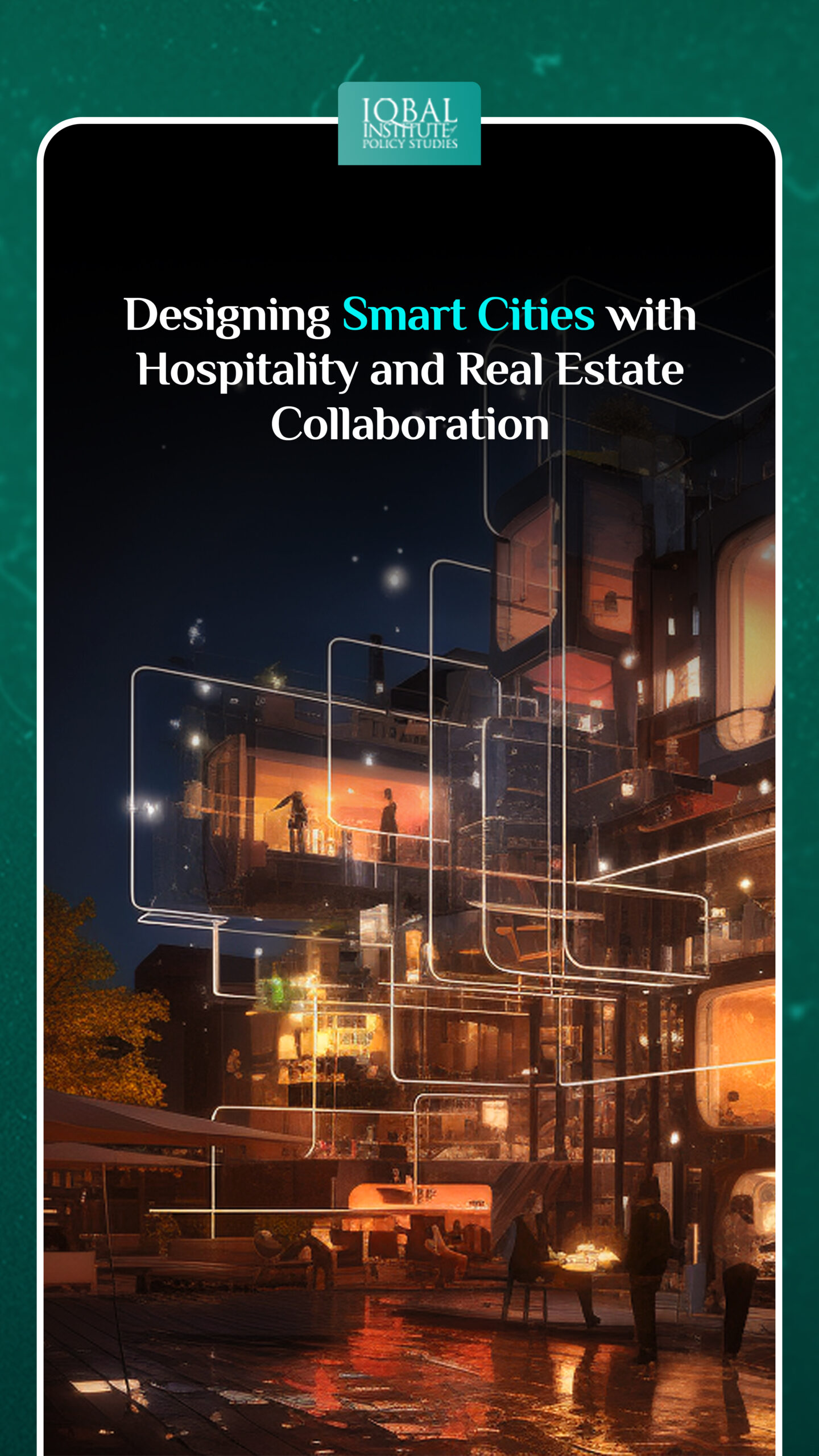Introduction
The vision of smart cities has emerged as a powerful solution to address the challenges posed by rapid urbanization and the quest for sustainable development. These technologically advanced urban spaces prioritize the efficient use of resources, enhance the quality of life for residents, and attract tourists from around the globe. However, the success of a smart city heavily relies on the seamless collaboration between the real estate and hospitality sectors. In this extended blog, we delve deeper into the critical role of this partnership in designing and developing smart cities that offer a harmonious blend of urban living, tourism, and exceptional hospitality experiences.
Defining Smart Cities and Their Impact
Smart cities are an innovative approach to urban living, integrating cutting-edge technologies and data-driven solutions. These cities leverage information and communication technologies (ICT) to optimize urban services, infrastructure, and energy consumption. The impact of smart cities extends beyond mere convenience and sustainability—it also drives economic growth, attracts investments, and positions the city as a global leader in innovation and development.
In the context of smart cities, the integration of the real estate and hospitality sectors creates a symbiotic relationship that enhances the overall urban experience.
Creating Hospitality-Infused Urban Spaces
The design of a smart city focuses on creating urban spaces that prioritize human well-being, interaction, and inclusivity. Here, the collaboration between real estate developers and hospitality operators is instrumental in curating vibrant public spaces, parks, cultural hubs, and mixed-use developments. Such spaces are designed to offer seamless hospitality experiences, providing residents, businesses, and tourists with a sense of connection and belonging within the city.
Mixed-use developments are a hallmark of smart cities, incorporating a mix of residential, commercial, and hospitality spaces in a single area. This approach fosters a sense of community engagement, reduces the need for extensive transportation, and encourages a sustainable lifestyle.
Enhancing Tourism Infrastructure
The hospitality and real estate partnership in smart cities is a key driver in bolstering the city’s tourism infrastructure. Smart cities often act as major tourist destinations, and well-designed hospitality spaces—such as hotels, resorts, and short-term rentals—play a crucial role in attracting tourists while providing a sustainable revenue stream to real estate developers.
Furthermore, the collaboration between these sectors can lead to the creation of unique tourism experiences. By offering cultural centers, art galleries, culinary hubs, and interactive spaces, smart cities become magnets for domestic and international tourists seeking immersive and authentic experiences.
Leveraging Technology for Enhanced Services
Technology is the backbone of smart cities, and its integration in the hospitality and real estate sectors can significantly improve services. In smart hotels, for instance, the Internet of Things (IoT) devices and automated systems enable personalized guest experiences, efficient room management, and seamless check-ins and check-outs.
Moreover, technology-driven data analytics can help the hospitality sector to anticipate guest preferences, optimize resource allocation, and enhance overall customer satisfaction. Real estate developers can also use data-driven insights to make informed decisions on urban planning, building design, and infrastructure development.
Sustainable and Green Building Practices
Sustainability is a cornerstone of smart cities, and both real estate and hospitality sectors must embrace green building practices to reduce environmental impact. The integration of eco-friendly materials, energy-efficient technologies, and renewable energy sources in real estate and hospitality projects contributes to the city’s overall environmental consciousness.
Green hotels and sustainable resorts not only appeal to eco-conscious travelers but also align with the city’s commitment to reducing carbon emissions and preserving natural resources.
Seamless Transportation and Mobility
In a smart city, seamless transportation and mobility solutions are essential for residents and tourists alike. The collaboration between real estate developers and hospitality operators can lead to the establishment of efficient public transportation systems, smart parking solutions, and convenient connectivity options.
The integration of ride-sharing and e-mobility services further enhances accessibility and reduces the reliance on private vehicles, promoting eco-friendly modes of transportation.
Data-Driven Decision Making
Both the real estate and hospitality sectors can leverage data analytics and insights to make informed decisions that positively impact the smart city’s development. Data-driven decision-making ensures that the city can adapt and cater to the evolving needs and preferences of residents and visitors.
For instance, the analysis of data on tourist behavior and demand can aid in the strategic development of new hospitality offerings and attractions. Real estate developers can utilize data insights to identify emerging trends, optimize property management, and align their projects with the evolving urban landscape.
Addressing Urban Challenges
Smart cities often face unique challenges, such as affordable housing, traffic congestion, waste management, and resource optimization. The collaboration between the real estate and hospitality sectors can lead to innovative solutions that address these challenges and improve the overall urban experience.
For example, converting underutilized commercial spaces into affordable housing or co-living units can help address the housing crisis in urban centers. Integrating waste-to-energy technologies in hotels and resorts can contribute to waste reduction and sustainable energy generation.
Conclusion
As cities worldwide embrace the journey towards becoming smart cities, the partnership between the real estate and hospitality sectors emerges as a pivotal factor in shaping the urban landscape of the future. By working in synergy, real estate developers and hospitality operators can design and develop smart cities that seamlessly blend urban living, tourism, and exceptional hospitality experiences.
From creating vibrant mixed-use developments and sustainable hospitality spaces to leveraging technology for enhanced services, the collaboration between these sectors amplifies the city’s appeal to residents and tourists alike. As technology continues to evolve and urbanization progresses, the journey towards creating truly smart and sustainable cities requires a collective effort from all stakeholders involved. By embracing innovation, sustainability, and data-driven practices, real estate developers and hospitality operators can play a significant role in shaping the smart cities of tomorrow, enriching the lives of their inhabitants and leaving a lasting positive impact on the global urban landscape.



Leave a Reply